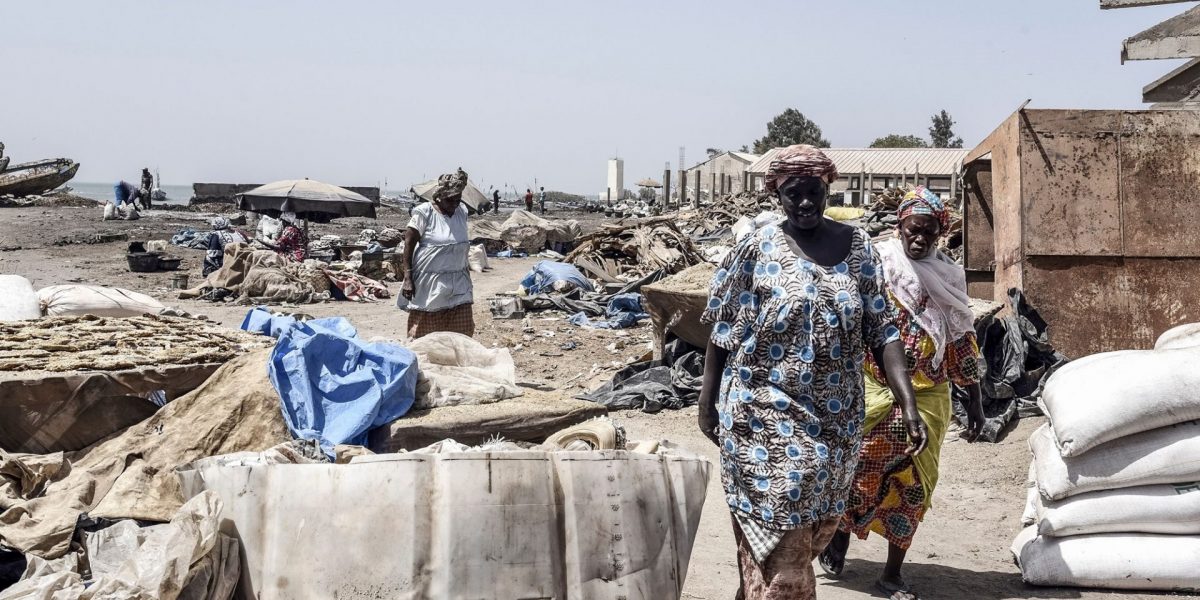Introduction
A growing number of countries are strained by unsustainable debt burdens at a time when the world is falling behind on achieving the Sustainable Development Goals and in reaching the Paris Agreement’s target of limiting global warming to 1.5°C.
Over the past decade, a combination of high investment needs and low domestic revenue in developing countries has driven rapid debt accumulation in the Global South.1Brahima Coulibaly, Dhruv Ghandi and Lemma Senbet, “Is sub-Saharan Africa Facing Another Systemic Sovereign Debt-Crisis?”, Brookings Institution, 2019. This debt buildup was further enabled by ultra-low interest rates and a greater availability of credit from new lenders, such as the private sector and China. Rising debt levels became increasingly unsustainable when a series of global shocks, beginning with the COVID-19 pandemic, led central bankers in advanced economies to embark on an aggressive monetary tightening campaign, raising interest rates and thereby the cost of debt servicing.2Brahima Coulibaly and Wafa Abedin, “Addressing the Looming Sovereign Debt Crisis in the Developing World: It Is Time to Consider a ‘Brady’ Plan”, Brookings Institution, 2023. In turn, high debt service payments are constraining fiscal space, limiting spending on education, health and climate despite substantial investment needs. This challenge is particularly acute for the African continent; African sovereigns constitute 20 of the 34 low-income countries in or at high risk of debt distress.3IMF, List of LIC DSAs for PRGT-Eligible Countries, as of April 20, 2024
The G20 has proven to be a critical forum to address and advance solutions to debt sustainability and debt restructuring challenges. It has long recognised the need to address debt vulnerabilities in an effective, comprehensive and systematic manner. In response to the economic fallout from the COVID-19 pandemic, the G20 established a temporary Debt Service Suspension Initiative (DSSI), postponing almost $13 billion in debt payments and providing much-needed fiscal space to eligible low-income countries to combat the health and economic impacts of the pandemic. In 2020, the G20 established the Common Framework for Debt Treatments (CF) beyond the DSSI to address insolvency and protracted liquidity problems in eligible low-income countries that were compounded by the pandemic. Both the DSSI and the CF were major efforts endorsed by the G20 to address debt vulnerabilities and restructuring challenges. However, the CF has fallen short of providing the long-term debt relief and treatment many developing countries require. The G20 Global Sovereign Debt Roundtable (GSDR) was initiated in February 2023 to continue the G20’s work to address debt vulnerabilities and restructuring challenges, with a specific focus on process and practices.








